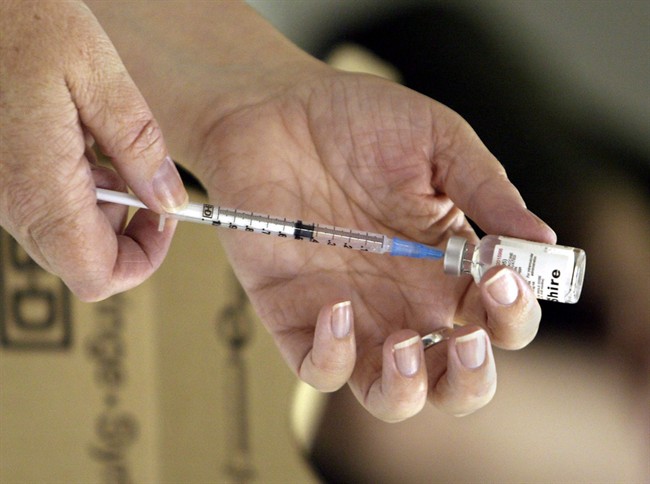SASKATOON – A clinical trial to test a vaccine designed to prevent Group A streptococcal (GAS) infections is set to begin. The trial is headed by the Pan-Provincial Vaccine Enterprise (PREVENT) located at the University of Saskatchewan (U of S) and Vaxent in Nashville, Tenn.

Researchers are using the trial, to be held at the Canadian Centre for Vaccinology in Halifax, to see if the vaccine is safe and well tolerated in humans.
“The safety and immunogenicity results from these studies will add to the growing body of clinical data from previous human studies of similar vaccines developed in our laboratories,” said Dr. James B. Dale, a professor of medicine at the University of Tennessee Health Science Center and chief scientific officer at Vaxent.
Group A streptococcal diseases are more common in children than adults. It is estimated that 517,000 deaths occur annually worldwide from the disease.
GAS illnesses range from strep throat to invasive infections, toxic shock syndrome, flesh-eating disease, cellulitis, blood infection and pneumonia.
“With positive results, clinical development will move to examine the safety and immune response in adolescents and pre-school children, the ultimate target age for the vaccine,” said Dale.
READ MORE: Have you vaccinated your child? CMA calls for proof before kids go to school
The vaccine is being commercialized jointly by PREVENT and Vaxent.
“We are very excited by this collaborative partnership with Vaxent,” said Dr. Andrew Potter, CEO of PREVENT and director of VIDO-InterVac at the U of S.
“The availability of a safe and effective multi-valent GAS vaccine could address a huge unmet public health demand, preventing a wide variety of potentially life-threatening complications and diseases in humans worldwide attributable to this organism.”
Forty-five healthy adults will receive three injections over six months, with a one-year follow-up to assess the immune response to the vaccine.


Comments